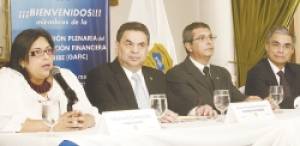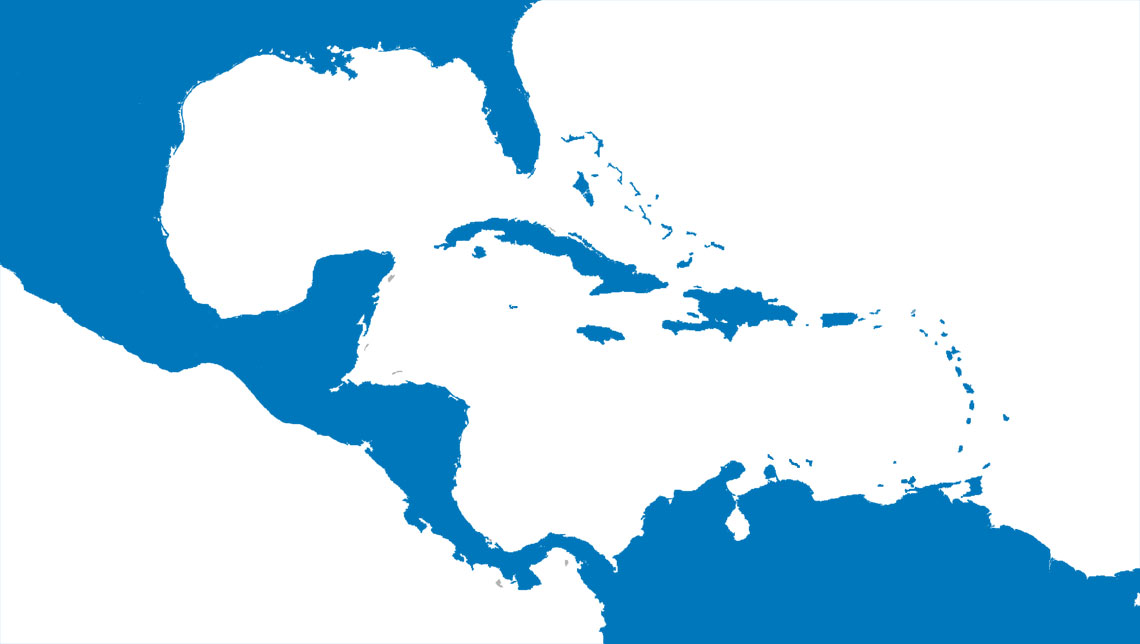 The FGR has received 423 reports of suspicious banking transactions
The FGR has received 423 reports of suspicious banking transactions
Written by Jessica Ávalos
Wednesday 23 May 2012
“We are calling on the Assembly for reforms to the law on money laundering, reforms for the inspection of non-profit organisations.”
Romeo Barahona, Attorney General of the Republic
Representatives of the Caribbean Financial Action Task Force (CFATF), an entity that monitors anti-money laundering actions in 27 Central American and Caribbean States, are meeting in the country from Monday to evaluate the strategies that will be employed by each of them in fulfilling the 40 recommendations against the laundering of assets.
“We are receiving training on the international standards approved in the task force. What we are striving to accomplish is to strengthen the regimens. From today, we will be reviewing the evaluation mechanisms that will be used in 2013”, explained the representative of the President of the CFATF, Ana Ruiz.
Every year, the CFATF evaluates whether or not its 27 member countries are fulfilling the 40 recommendations. They analyse the local laws for controlling money laundering, the execution of said regulations and the budget allocated by each government to combat the crime.
The Office of the Attorney General of the Republic has called for reforms to the Anti-Money Laundering Law in order to be in a position to fulfil all of those recommendations. El Salvador, for example, has no legal provisions that compel attorneys to report the suspicious transactions of their clients, nor are there regulations governing the transactions of casinos or NGO’s.
“The CFATF has established 16 recommendations that are priority. We are calling on the Assembly for reforms to the law on money laundering, reforms for the inspection and monitoring of non-profit organisations and non-financial institutions, such as casinos or persons selling precious metals”, explained the Attorney General, Romeo Barahona.
For the year thus far, the Financial Intelligence Unit (FIU) of the FGR has received 423 reports from the financial system on anomalies in banking profiles. They have determined that of those 423 alerts, eleven met the conditions for the commencement of new money laundering proceedings.
“It’s not that charges will be filed in those cases in the end, that’s why they’re referred to as suspicious transactions. When you deviate from the standards, the bank officer reports it”, explained the head of inspections of the FIU, Rolando Monroy, who also called on the representatives to give attention to this matter and to “agree to enact the laws necessary to comply with the international organisations”.

